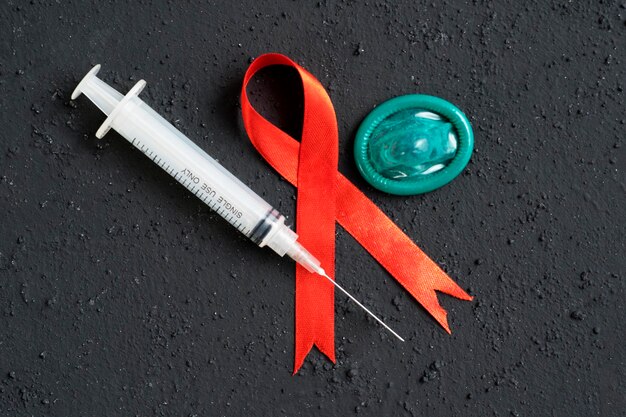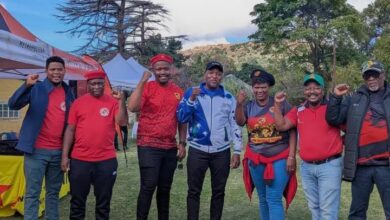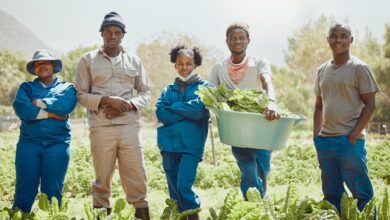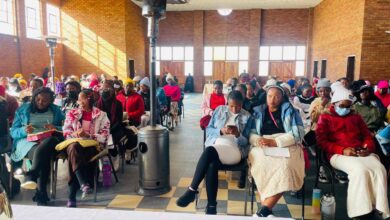Persistent Inequalities and Human Rights Violations Threaten Lesotho’s Fight Against HIV/AIDS

Lesotho’s struggle to end AIDS by 2030 is increasingly undermined by persistent inequalities and human rights violations, jeopardizing progress in HIV prevention, treatment, and care. Despite biomedical advancements offering new opportunities to combat the epidemic, deep-rooted disparities continue to hinder equitable access to services, putting vulnerable populations at heightened risk.
The Impact of Inequality on HIV/AIDS
The Global AIDS Strategy defines inequality as an imbalance or lack of equity, encompassing the disparities in HIV vulnerability and service outcomes. In Lesotho, these inequalities manifest in social, economic, and gender gaps, restrictive laws, stigma, and discrimination. They increase vulnerability to HIV infection, restrict access to essential services, and exacerbate the health outcomes for those living with HIV.
Populations disproportionately affected include women, girls, and the LGBTIQ+ community, as well as those in rural areas where health facilities are scarce. Gender inequality, for instance, prevents many women and girls from accessing education, which is critical in reducing vulnerability to HIV. According to Mrs. ‘Manthethe Dingani, Principal of Nkhaolise Primary School in Thaba-Tseka, enabling girls to complete secondary education can lower their HIV infection risk by up to 50%.
Challenges Faced by Marginalized Groups
The LGBTIQ+ community in Lesotho faces stigma, violence, and exclusion, as highlighted by Tampose Mothopeng, Executive Director of the People’s Matrix Association. Discrimination in healthcare facilities and the criminalization of same-sex relationships deter individuals from seeking treatment, exacerbating their health risks. Similarly, sex workers encounter societal prejudice, limiting their access to essential healthcare services and contributing to re-infections and misdiagnosis.
Inequalities in Treatment Access
A significant gap in treatment exists between adults and children living with HIV. While over 75% of adults in Lesotho are on antiretroviral therapy, only about half of HIV-positive children receive life-saving medicine, resulting in disproportionately high AIDS-related deaths among children. Village health worker Mrs. ‘Malimakatso Motsumi emphasized the need for tailored services to close this treatment gap and protect vulnerable populations.
Policy and Legal Barriers
Restrictive laws and lack of protective policies perpetuate systemic inequalities. Criminalizing same-sex relationships and failing to address legal ambiguities hinder the country’s ability to implement inclusive HIV programs. Addressing these barriers is essential for reducing stigma and enabling marginalized groups to access prevention and treatment services.
Call to Action
Lesotho’s fight against HIV/AIDS cannot succeed without addressing the root causes of inequality. Stakeholders must:
- Ensure girls remain in school and are protected from violence.
- Expand access to healthcare in rural areas.
- Provide tailored services for marginalized groups, including the LGBTIQ+ community and sex workers.
- Decriminalize same-sex relationships and strengthen protective laws.
Civil society organizations like the People’s Matrix Association and KAPAL (Key Affected Populations Alliance of Lesotho) continue to advocate for equity and justice as pillars of the national HIV response. Their work highlights the urgent need for a unified effort by government, communities, and international partners to dismantle the barriers perpetuating HIV-related inequalities.
As global efforts push towards ending AIDS by 2030, Lesotho must address persistent inequalities and human rights violations. By prioritizing equity, empowering vulnerable populations, and ensuring access to inclusive healthcare, the country can make meaningful progress in its fight against HIV/AIDS.
Join 'Lesotho News' WhatsApp Channel
Get breaking Lesotho news — delivered directly to your WhatsApp.
CLICK HERE TO JOIN



